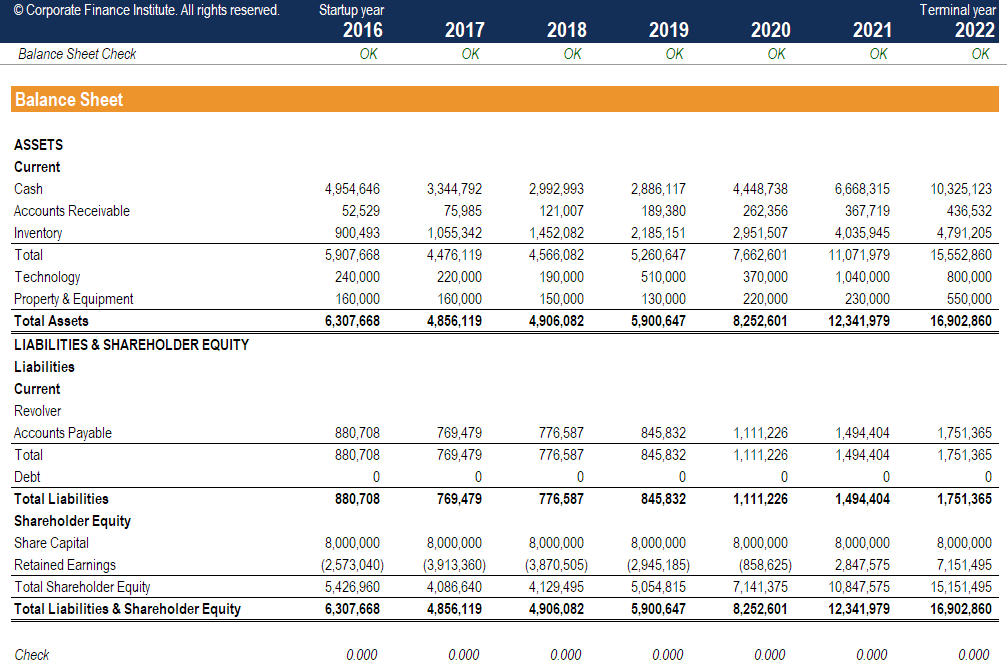Sunk Cost Vs Fixed Cost | Fixed cost vs sunk cost. That means accountants allocate fixed costs to units of. A sunk cost is a cost that no matter what is unrecoverable. Fixed cost will be same in total but changes in per unit. It costs the same to make the movie, whether is has ten thousand viewers or ten million. In capital budgeting analysis, sunk costs are costs which are already incurred and which need not be reflected in the incremental cash flows used for estimation of net present value and internal rate of return. Opportunity cost is a concept in microeconomics that tells you about the output and potential opportunities foregone. Variable costs are inventoriable costs. Fixed cost will be same in total but changes in per unit. Instead, only relevant costs should be con. Sunk costs and fixed costs are two types of costs that a business incurs in the various business activities carried out. They are incurred even though the business has not made any goods at all. Variable costs are inventoriable costs. In cost accounting the most common classification is dividing costs into fixed, variable and semi variable to reflect the cost behaviour over different levels of activity. Sunk costs are independent of any event and should not be all sunk costs are considered fixed costsfixed and variable costscost is something that can be classified in several ways depending on its nature. Fixed costs are always classified as sunk costs in differential cost analysis. So if the survey result is bad and. By the end of this section, you will be able to: The confusion between fixed costs and sunk costs extends beyond the classroom and into the boardroom. Assuming you had to pay to obtain a license to. Think of sunk costs as spilled milk. A sunk cost is a fixed cost that cannot be recovered. The differential cost can be a fixed cost or variable cost. Let's say that a producer has fixed resources and technology. Opportunity cost is a concept in microeconomics that tells you about the output and potential opportunities foregone. In accounting, finance and economics, all sunk costs are fixed costs. This paper suggests a simple framework for specifying fixed and sunk costs that adds clarity to the. Absorption vs variable costing semi variable costs sunk costs marginal costs average cost. They are incurred even though the business has not made any goods at all. Sunk costs are expenses that have already been incurred or an investment that has already been made and cannot be recovered. D) the firm is spreading out its total fixed cost. If a company is planning to set up a petrol pump and in order to do that, it needs to conduct a survey regarding the number of car owners in the area. So if the survey result is bad and. This paper suggests a simple framework for specifying fixed and sunk costs that adds clarity to the. Fixed cost vs sunk cost. Fixed cost when we talked about are the ones which arent dependent on the output level, they have to be incurview the full answer. Businesses generally pay more attention to fixed and sunk costs than individual consumers as the numbers directly impact a company's profits. All sunk costs are fixed, but not all fixed costs are considered sunk. It's easy to imagine a scenario where fixed costs are not sunk; In business, all costs already paid are sunk costs, including all fixed costs, and variable costs already paid, or for which a legal liability to pay them has been incurred. Fixed costs are always classified as sunk costs in differential cost analysis. .costs do not vary with q but they fixed costs do not vary with q, but they might be recoverable if you don't produce q and so are not necessarily sunk (rental cost of the emerge as a consequence of natural monopoly {you saw this in example 1 of average cost curves… more coming later} 11. These room rental costs are an example of: Let's say that a producer has fixed resources and technology. A sunk cost is a cost that has already occurred and cannot be recovered by any means. If a company is planning to set up a petrol pump and in order to do that, it needs to conduct a survey regarding the number of car owners in the area. 10000 and the output produced in the first, second and third quarter are 4000, 5000 and 3000 units. Sunk costs should not be considered when making the decision to continue investing in an ongoing project, since these costs cannot be recovered. Understand the three step process for making binary decisions. In accounting, finance and economics, all sunk costs are fixed costs. That means accountants allocate fixed costs to units of. Sunk costs are expenses that have already been incurred or an investment that has already been made and cannot be recovered. D) the firm is spreading out its total fixed cost. Rent is usually a fixed cost. By the end of this section, you will be able to: In other words, they are set expenses the company must pay, at least in the short term. Let's say that a producer has fixed resources and technology. In business, all costs already paid are sunk costs, including all fixed costs, and variable costs already paid, or for which a legal liability to pay them has been incurred. .costs do not vary with q but they fixed costs do not vary with q, but they might be recoverable if you don't produce q and so are not necessarily sunk (rental cost of the emerge as a consequence of natural monopoly {you saw this in example 1 of average cost curves… more coming later} 11.


Sunk Cost Vs Fixed Cost: By the end of this section, you will be able to:
Source: Sunk Cost Vs Fixed Cost

0 Tanggapan:
Post a Comment